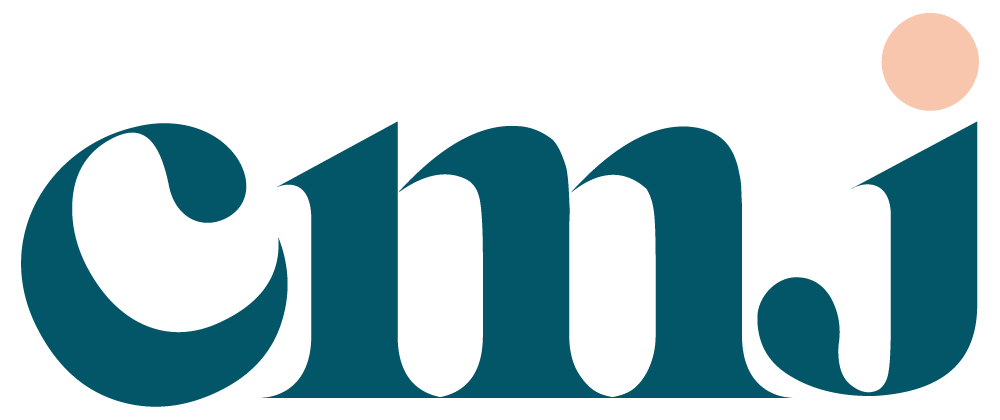How To Deal with Constant Context Switching as a Community Builder
Note: This post originally appeared in the Gather Community Consulting Newsletter.
You may already be familiar with the struggle of constant context switching.
Context switching is originally a term from computing to describe when computers run two or more processes at the same time. To do this, they must pause one process, begin another, and then resume the original process to maximize efficiency. As users, we don't notice this happening because it's seamless. There's probably some more computery language to describe the term, but you get the picture.
Context switching is also something we humans try to do. When we do it, it has the opposite effect it has on a computer. We become less effective. If you build community (especially for a for-profit institution), you will be familiar with this struggle: You switch back and forth between the context of strategy and execution; gaining alignment and moving fast; strengthening relationships and showing a return on your efforts. If you do this consistently, you will end the day or week or quarter exhausted.
This exhaustion isn't just anecdotal. Studies show that switching contexts, even if it takes a millisecond, can reduce our productive time by up to 80%.
I don't write about productivity maximization because we're not machines, we're humans. But if we cannot get deep work done, we cannot serve our communities.
Unfortunately, most community builders have no choice but to switch contexts. As they say in software development: Context switching is not a bug of this work; it is a feature.
Why?
As long as we operate in corporate structures that demand short-term profit, we will have to switch contexts between relational work and business work. They will never align perfectly. I don't believe that belonging and profit are at opposite ends of a spectrum, nor do I think all for-profit organizations are so focused on the short term. However, I've been studying the Fortune Global 50 for the last year and talking with the community builders within these organizations, and I know context switching is a particular problem at these firms.
In the long-term, we must advocate for long-term vision and not just 6-month profit maximization. In the short-term, what can we do to keep up without falling apart? Here are some starting points:
Build a stable support system, inside and outside work. The Greater Good Science Center at UC Berkeley found that resilience is more about social support than it is about individual strength. Invest in your relationships and find mentors.
Widen your circle. Join a new community and bask in receiving its gifts. Maybe it’s a new yoga studio you join, a career coaching program, or a corporate club. Show up and participate and give your brain a break from organizing.
Block days and work times by context type. For instance, don’t try to create a content plan in the same afternoon that you try to create a presentation to sell your community to a new internal department. Your brain will have to make a giant context leap, and flow will be nearly impossible to find.
If time-blocking is not possible, take a physical break before switching contexts. You can go outside, walk to refill your water bottle, or even unload the office dishwasher (you'll contribute to your office's well-being and will likely run into people from other departments!).
Lean on stories to illustrate your community's value. Stories are one of the few ways that we can cross the context divide. They create a bridge from the work of building community to the work of getting buy-in. And while executives may push the importance of data, they will ultimately be stirred to action by story and message.
It isn't right that the context of community and the context of most workplaces are at odds. But it is today's reality for many of you. We can fight that reality each day by switching our contexts with intention and care.
Keep taking care of yourself and your community. You've got this.
Your friendly neighborhood community builder 💛
Carrie Melissa Jones
Founder, Gather Community Consulting
In my last newsletter, I wrote about commitment. You can now read that on the blog.
Last week, I also shared the following:
How to Select Members for your Community Launch on the Vanilla blog.
I revisited this post I wrote one year ago about finding your personal voice as a community leader.
